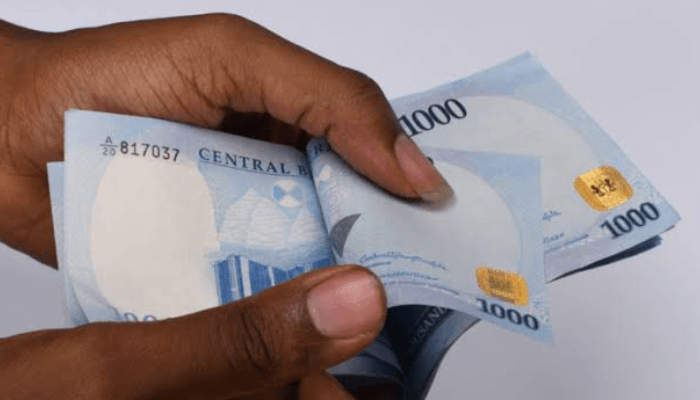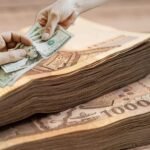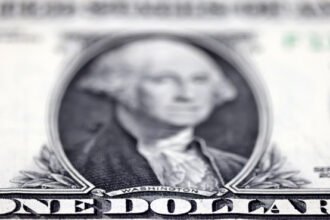… analysts differ on renewed FX pressure
The naira strengthened slightly across foreign exchange (FX) markets on Monday following the resumption of international usage of Naira-denominated cards by Nigerian banks, a move seen as a signal of improved FX liquidity.
At the Nigerian Foreign Exchange Market (NFEM), the naira appreciated by N0.23 to close at N1,528.33 per dollar, compared to N1,528.56 quoted on Friday, according to data published by the Central Bank of Nigeria (CBN).
In the parallel market, also known as the black market, the naira gained N3, closing at N1,555 per dollar from N1,557 on Friday, according to street traders.
Foreign exchange inflows rose to $1.79 billion during the week from $1.03 billion in the previous week, with Foreign Portfolio Investors (FPIs) accounting for 66.91 percent of the total. This marks the seventh consecutive week of FPI dominance in FX inflows, indicating continued investor interest in Nigerian fixed income assets, according to a new report by the research department of Coronation Merchant Bank.
Read also: Nigerians cash in on used cars as weaker naira fuels demand
More Deposit Money Banks (DMBs) in Nigeria have now reinstated the international use of Naira cards, setting varied daily and monthly limits. Banks that have reactivated the service include Providus Bank, First Bank of Nigeria, Guaranty Trust Bank (GTBank), United Bank for Africa (UBA), and Wema Bank. The move comes as Nigeria’s FX conditions show signs of stabilisation.
Analysts differ on implications
While some analysts believe the resumption of Naira card transactions abroad could exert short-term pressure on the naira, others argue that the impact will be limited due to improved FX liquidity and a more market-reflective exchange rate system.
Ayodeji Ebo, managing director and Chief Business Officer at Optimus by Afrinvest, said he does not foresee pressure on the naira. “There are no cheap dollars anymore. In the past, people relied on the parallel market but now the official and parallel rates are almost aligned,” he said.
He explained that when repatriating or spending abroad, individuals are no longer incentivised to seek dollars in the black market. “Now, they can easily access FX through the banks, which reduces unnecessary demand. If someone is travelling and they have legitimate access to dollars, they simply spend what they have. There’s no incentive to buy more than you need or spend beyond your means,” Ebo added. “Speculation has become fragile in this current environment.”
Echoing similar sentiments, Muda Yusuf, CEO of the Centre for the Promotion of Private Enterprise (CPPE), said the concern about renewed pressure is unfounded. “I don’t think so. There are usually transaction limits on Naira cards, especially for international usage, and these cards are mainly for retail spending. It’s not as though people can conduct large volume transactions,” he said.
Yusuf also noted that the FX rate is now largely market-determined, reducing arbitrage opportunities. “If the card rate abroad is, say, N1,700 and you can access FX in Nigeria at N1,600, why would you rush to spend abroad? There’s no incentive. The period of pressure came when there was a wide gap between the official and parallel rates,” he explained.
Read also: Banks resume naira cards’ use abroad as FX improves
He added that once the exchange rate is reflective of market realities, pressure on FX is unlikely. “The whole essence of an equilibrium exchange rate is that it clears the market. If there’s no premium on the card rate, then there’s no motivation for people to exploit it.”
Yusuf emphasised that as long as usage remains within caps and FX remains accessible through official channels, the resumption of Naira card transactions abroad should not create significant pressure on the foreign exchange market.






















